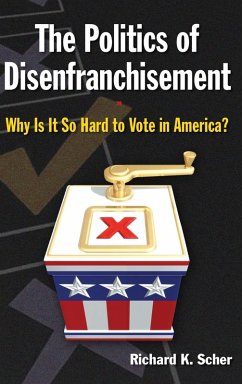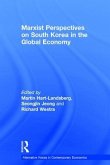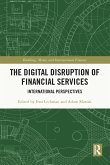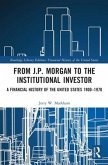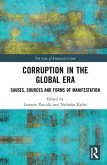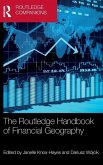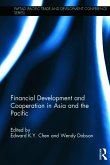We think of our American democracy as being a model for the world--and it has been. But today it compares unfavorably in some respects, especially when it comes to the universal franchise. The right to vote is more conditional and less exercised in the United States than in many other mature democracies. As became clear to all in the presidential election of 2000, when the stakes are high, efforts to define voter eligibility and manage the voting and vote-counting process to the advantage of one's own side are part of hard-ball politics. It is that experience that gave rise to this book. Written by an author with wide expertise on Southern and Florida politics and districting, the book begins with a deceptively simple question--why is it so hard to vote in America? It proceeds, in seven chapters, to examine the ways that some people are formally or effectively disenfranchised, and to review how control of the ballot and the voting process is constrained, manipulated, and contested
Hinweis: Dieser Artikel kann nur an eine deutsche Lieferadresse ausgeliefert werden.
Hinweis: Dieser Artikel kann nur an eine deutsche Lieferadresse ausgeliefert werden.

